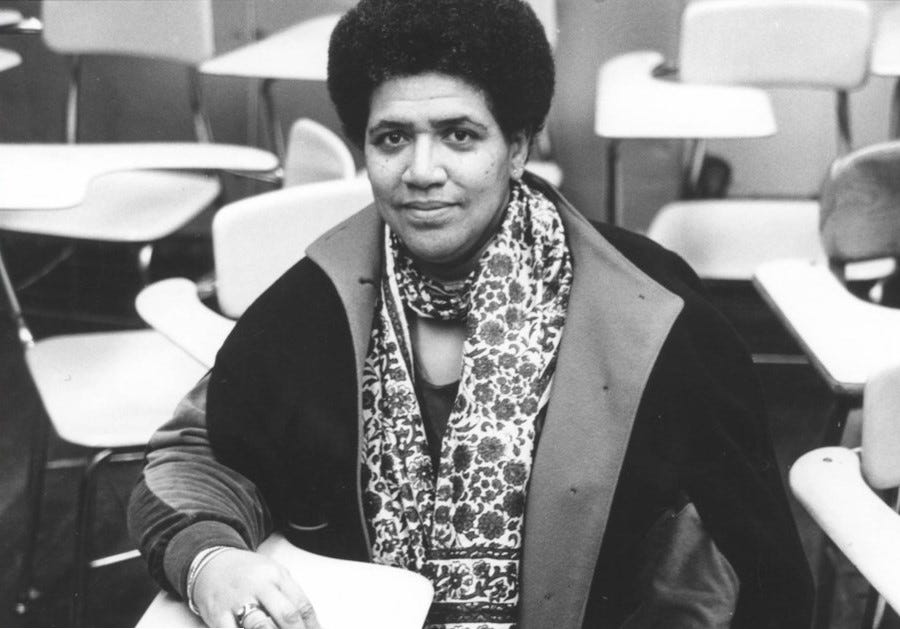The Burnout Society: Why Rest Became Resistance?
The relentless pursuit of productivity, a defining feature of contemporary life, has paradoxically led to a pervasive sense of exhaustion. In a world that champions constant activity, rest, once a natural necessity, has transformed into an act of defiance, a subtle form of resistance against the demands of a society obsessed with achievement.
This essay delves into the philosophical and societal forces that have birthed the "Burnout Society," a term coined by Byung-Chul Han to describe the psychological toll of a performance-driven culture. We will explore how the pressure to constantly produce has eroded our capacity for rest, fostering a climate of chronic stress and disillusionment. We will examine rest, not merely as a personal choice, but as a form of political engagement, echoing the insights of Audre Lorde and other thinkers who see self-care as essential to systemic change.
Our exploration begins by unpacking the philosophical underpinnings of burnout, examining how the emphasis on positive thinking and relentless self-optimization has inadvertently created a culture of self-exploitation. We will then analyze how this relentless pressure to achieve manifests in various aspects of modern life, from the workplace to our personal relationships. The essay will then discuss rest as a form of resistance, examining the ways in which individuals are reclaiming their time and energy in an effort to subvert the dominant paradigm of productivity.
We will explore the subtle yet powerful resistance embedded in the act of intentional rest, drawing parallels with historical movements that used rest as a form of protest. The essay will examine the complex relationship between self-care and systemic change, acknowledging the limitations of individual acts of rest while simultaneously highlighting their importance as a starting point for larger societal shifts.
A pivotal concept in understanding the "Burnout Society" is the erosion of the "inner space" where reflection and recuperation can occur (Han, 2017). This erosion is accelerated by the demands of the digital age, where constant connectivity and the illusion of endless possibilities further blur the lines between work and leisure. The rise of chronic stress and mental health issues mirrors this shift, with approximately 75% of American workers reporting symptoms of burnout (Gallup, 2018).
The pressure to optimize performance... is becoming the source of pathology.
— Byung-Chul Han, The Burnout Society.We will incorporate specific examples and case studies that illustrate the manifestations of the burnout phenomenon in various societal contexts, allowing us to explore the ways that different demographics experience this issue. We will also consider thought experiments and philosophical exercises designed to challenge our assumptions about productivity, rest, and the meaning of a fulfilling life. This analysis will serve to reveal the core tensions inherent in our modern condition.
Ultimately, this essay will aim to provide a comprehensive understanding of why rest has become a political act. It will argue that by consciously prioritizing rest, we can begin to dismantle the structures that perpetuate burnout and forge a path toward a more sustainable and humane society.
The Tyranny of Cheer: Positivity's Dark Side
The gleam of a perfect smile, the mantra of "positivity," and the constant push for self-improvement – these seemingly benevolent forces often mask a more sinister reality. While intended to uplift, they can, in fact, become tools of coercion, demanding an unwavering adherence to happiness that crushes genuine human experiences. This section explores how the relentless pursuit of positivity cultivates a toxic environment, where authentic emotions are suppressed and vulnerability is seen as weakness.
At the heart of this phenomenon lies a shift in how we perceive suffering. Instead of acknowledging the inherent complexities of life, contemporary culture increasingly frames negativity as a personal failing, a problem to be "fixed" rather than understood. Byung-Chul Han, in his seminal work, The Burnout Society (2017), argues that this obsession with positive thinking is intrinsically linked to the neoliberal emphasis on self-optimization. We are constantly pressured to be productive, efficient, and happy, creating a culture where:
Depression is not a symptom of social ills but a personal weakness or failure.
— Byung-Chul Han, The Burnout SocietyThis emphasis, as seen in the rise of self-help industries and the proliferation of motivational speakers, ultimately leaves individuals feeling isolated and ashamed of their struggles. In a similar vein, Barbara Ehrenreich's, in Bright-Sided: How the Relentless Promotion of Positive Thinking Has Undermined America (2009), critiqued the uncritical embrace of positivity in various sectors, pointing out the harm in ignoring the darker aspects of reality.
This pressure manifests in various ways. Consider the workplace, where expressions of stress or dissatisfaction are often discouraged, replaced with forced enthusiasm. Or the social media landscape, where curated lives of perfect bliss dominate, creating a constant sense of inadequacy. Even in our personal relationships, there's often an unspoken demand to remain upbeat and supportive, neglecting the need for honest conversations about difficult emotions. The result is a society that discourages authentic human experiences, fostering a culture of emotional repression. The constant performance of happiness becomes a burden, masking underlying anxieties and traumas. This constant internal struggle is at the heart of the burnout phenomenon.




